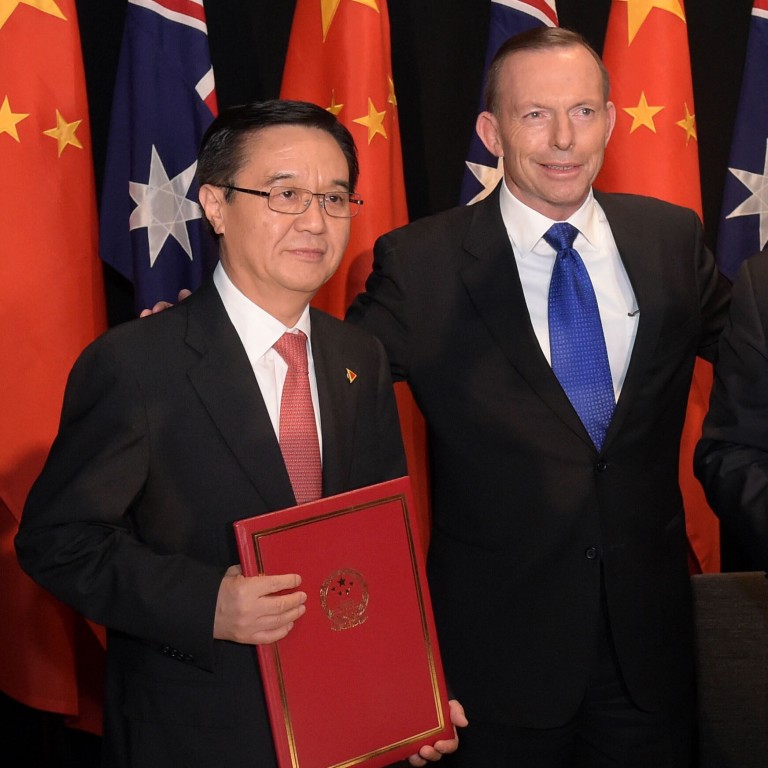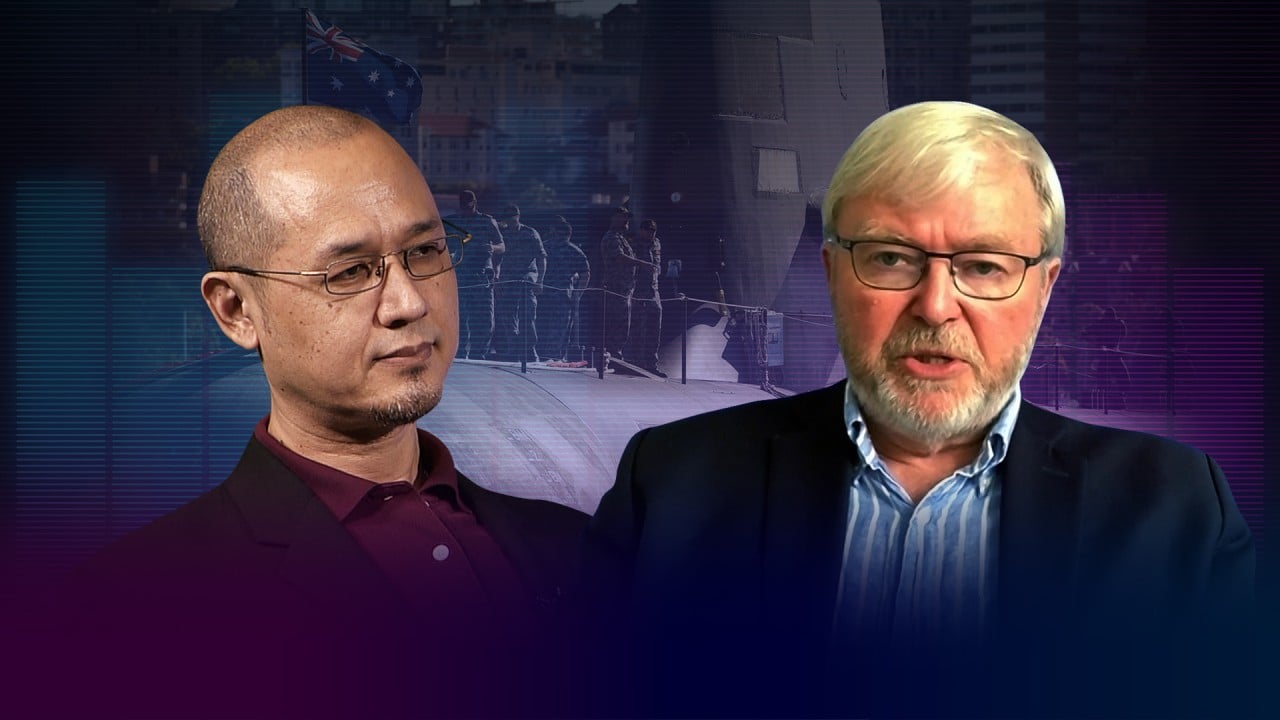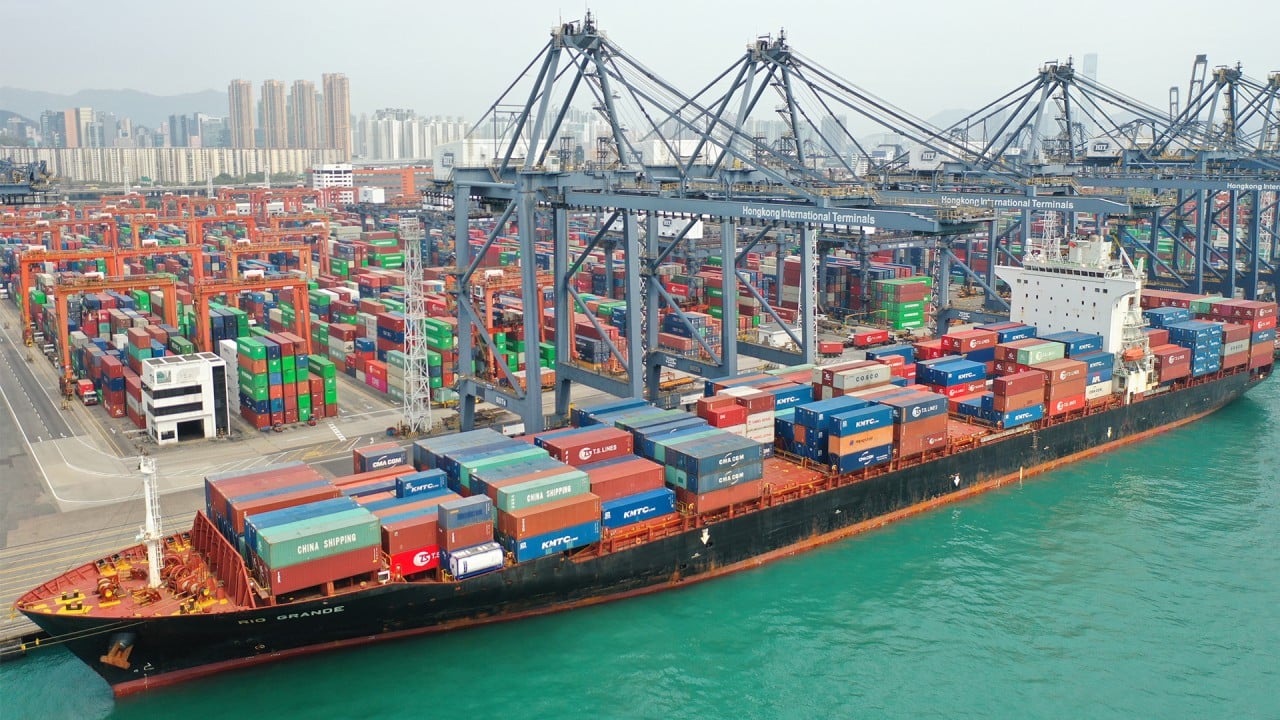
A China closed off from the rest of the world is a loss to everyone
- The days of China’s rise driving international forums, meetings and events bringing people together from all over the globe seem like a distant memory
- The growing gap between China and other countries is a loss for everyone involved, the world as a whole and the future of multilateralism
Politics and China have long been a tedious combination, requiring the delicate application of subtlety and ambiguity to straddle an omnipresent gap. The lengths required to keep one foot planted firmly on either side have now become so great that those attempting to maintain balance see that even the slightest wobble could result in a devastatingly steep fall, in terms of both career and personal relationships.
Almost three years since the pandemic’s initial outbreak, it is unclear when, or if, that kind of engagement might return. If it does, it is also unclear who might be welcome to rejoin.
Among those once invited to attend such gatherings were former heads of state, CEOs and directors of the world’s top enterprises, as well as global scholars who had dedicated their lives to understanding an ever-evolving China. Some might now find themselves unsuitable for participation when the gates reopen.
Nothing has made that more obvious than the response I sometimes receive on social media platforms, both inside and outside China, where context is difficult to provide but the backlash can wreak havoc on your mental health. A comment or even a like on a post can lead to real-world repercussions and even end friendships.
But for those engaged in China from outside the country in 2022, those difficulties have been felt to an even greater extent. Some who have enjoyed gainful careers with a focus on China and a passion for bridge-building now worry that statements or works published outside the country could jeopardise their ability to return once China’s border restrictions do ease.
Others already know they will most likely be excluded from the invite list once they do, despite their wealth of knowledge and experience in the field, because of various public political stances.
And for the first time in more than four decades, for some, the prospect of engagement with the world’s most populous country is now coming at simply too high of a price.
Reform and opening up not only brought about one of the most sensational economic rises in human history, bringing hundreds of millions of people out of poverty in China, but it also brought two once-alienated worlds together. Those worlds are now colliding with so much force that anyone unlucky enough to find themselves caught wedged in between are slowly losing hope that the common ground on which they once flourished has all but evaporated.
This is a growing challenge that isn’t just a loss for China. It is a loss for the global community and the future of multilateralism.
Harry Harding is a presenter and journalist based in Guangzhou and Guangzhou Chapter Director of the Australia-China Young Professionals Initiative

.jpeg?itok=wt1U-2vX&v=1665974938)

